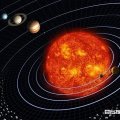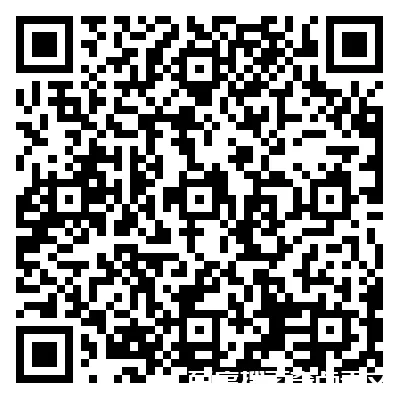
大视野图像里的茧状星云

Cocoon Nebula Wide Field
Image Credit & Copyright: Andy Ermolli
Explanation: When does a nebula look like a comet? In this crowded starfield, covering over two degrees within the high flying constellation of the Swan (Cygnus), the eye is drawn to the Cocoon Nebula. A compact star forming region, the cosmic Cocoon punctuates a nebula bright in emission and reflection on the left, with a long trail of interstellar dust clouds to the right, making the entire complex appear a bit like a comet. Cataloged as IC 5146, the central bright head of the nebula spans about 10 light years, while the dark dusty tail spans nearly 100 light years. Both are located about 2,500 light years away. The bright star near the bright nebula’s center, likely only a few hundred thousand years old, supplies power to the nebular glow as it helps clear out a cavity in the molecular cloud’s star forming dust and gas. The long dusty filaments of the tail, although dark in this visible light image, are themselves hiding stars in the process of formation, stars that can be seen at infrared wavelengths.
Tomorrow’s picture: open space
大视野图像里的茧状星云
图像提供与版权: Andy Ermolli
说明: 星云什么时候会看起来像彗星?在这幅宽超过2度的天鹅座拥挤星场里,最吸睛的是茧状星云。这个宇宙级的茧,其实是个致密的恒星形成区,它除了为左侧的明亮发射与反射星云划上句号之外,右侧更有颀长的星际尘埃云相随,也因此,整个复合体的外观有些像彗星。编录号为IC 5146的这个复合星云,其明亮“头部”的跨幅约有10光年,黝黑的尘埃尾则绵延了将近100光年,而两者皆离我们约2,500光年远。明亮星云中心附的那颗亮星,年龄可能只有数十万年,它除了供能驱动星云发出辉光之外,也在分子云的造星尘埃及气体内清出了一个的空穴。在这幅可见光图像里,颀长黝黑的丝缕状尘埃,遮掩了在红外光波段已可见到的形成中恒星。
明日的图片: open space


